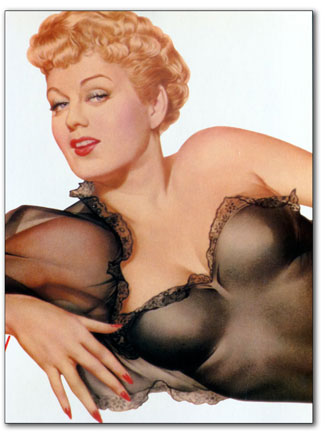
The crow still flies crooked
I was heading into the mountains, Pam riding along with me, both of us happy to be free of household chores for a few days. The lawn had been mowed, the irrigation set to its proper flow, and all the ripe berries in the garden had been harvested by us instead of the birds.
Grabbing only the barest of necessities, like extra underwear and socks, we also knew enough to stow the current books we were reading. No escape is worth its salt without an alternative method of escape, and reading has been legal in Colorado much longer than marijuana. We locked the front door and drove away, our little trailer tagging along behind us like the shadow of our desire to find an altered perspective.
About an hour later, at an altitude conducive to whimsy, we spotted a sign at the side of the road: Indoor Yard Sale. We decided to stretch our legs and feast our eyes on some secondhand distractions. The building housing the diversion qualified as a truly shabby mountain town relic, which suggested we might have a great time digging through dusty piles of inventory.
 Once inside the door, Pam made her way around the shop, scouting out the kitchen wares, the knick-knacks, clothing racks, the appliances, the jewelry, scarves, hats, shoes, furniture, paintings and picture frames, hardware, electronics, sheets and towels, and especially anything that qualified as unique. As usual, I made a beeline toward a table full of used books.
Once inside the door, Pam made her way around the shop, scouting out the kitchen wares, the knick-knacks, clothing racks, the appliances, the jewelry, scarves, hats, shoes, furniture, paintings and picture frames, hardware, electronics, sheets and towels, and especially anything that qualified as unique. As usual, I made a beeline toward a table full of used books.
I shuffled through a mostly dull collection of book club specials until I spotted a large-breasted illustrated history of artwork titled Vargas, with a foreword by Hugh Hefner. It had been inscribed to Gene for his 1982 birthday from Betty. Lucky Gene. Lucky me. I thumbed the pages and instantly decided it was the only book worth buying.
Gradually Pam also found her way to the book table, the place where we always meet up to share our discoveries and disappointments. I knew if the shop had any collectible merchandise worth selling at a reasonable price, she’d be carrying it.
“Anything interesting?” she asked.
“Not much, except for this,” and I flipped my book open to a double page spread of a nude Vargas girl. She yawned.
“It’s art!” I whispered.
After that I was pretty much killing time until Pam finished browsing the book titles. I was staring off toward the door, watching two new customers enter and try to orient themselves for the look-around when Pam nudged me: “Interested in this?”
She held out a copy of Jack Kisling’s The Crow Flies Crooked. I’d been looking for that book for 20 years! And she knew it, having been shown the occasional copy I scrolled up on my computer as it surfaced on Alibris or Amazon or Ebay, always listed for a lot more money than we could afford. As I reached for the book in her hand, I nearly swooned, and her face beamed like that of a Leprechaun that had managed to materialize a pot of gold at the end of a dusty rainbow.
The author of this hilarious piece of Southwest fiction has been a literary hero of mine for decades, a true la vida loca. The availability problem with his book is complicated by the fact that it only went through one printing when it was issued in 1966, a hardcover edition by David McKay Publications. Many of those copies have allegedly been destroyed by his Crying Creek detractors who bought up all the books they could find and trashed them because they believed the town had been portrayed in a scandalous manner. The rest must be scattered like meteorite fragments all across the West. Sadly, the book has never been reprinted, and Kisling, a career journalist for the Denver Post, apparently didn’t expect it. He died in 1998, well aware of his diminishing supply.
A Denver-based news and culture publication, Westword, reported a Kisling anecdote that explains how the author felt about his struggle with getting his fiction into his readers’ hands. Two months before his death, Kisling signed one of those rare original copies. In the book he wrote, “Enjoy now, don’t wait for the movie.”
I felt a bit like a teen-ager checking out with a Playboy magazine, but the Vargas girls meant nothing to me now as I approached the exit.
“How much are you asking for your books?” I asked.
“Two dollars each.”
“Then I’ll take these two.”
I reached for my wallet with a trembling hand, paid the cashier, and stepped out into the daylight with a grin that might have blinded the sun.
– David Feela
In this week's issue...
- December 18, 2025
- Let it snow
Although ski areas across the West have taken a hit, there’s still hope
- December 18, 2025
- Look, but don't take
Lessons in pottery theft – and remorse – from SW Colorado
- December 11, 2025
- Big plans
Whole Foods, 270 apartments could be coming to Durango Mall parcel
